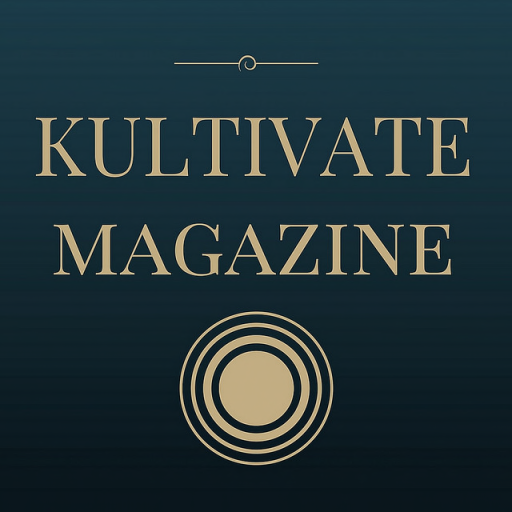Professor Richard Baraniuk - Rice University
Wednesday May 4, 2011
12:00 pm SLT
University of Delaware
“Compressive Sensing”
Sensing and imaging systems are under increasing pressure to accommodate ever larger and higher-dimensional data sets; ever faster capture, sampling, and processing rates; ever lower power consumption; communication over ever more difficult channels; and radically new sensing modalities.
The foundation of today's digital data acquisition systems is the Shannon/Nyquist sampling theorem, which asserts that to avoid losing information when digitizing a signal or image, one must sample at least two times faster than the signal's bandwidth, at the so-called Nyquist rate. Unfortunately, the physical limitations of current sensing systems combined with inherently high Nyquist rates impose a performance brick wall to a large class of important and emerging applications.
This talk will overview some of our recent progress on compressive sensing, a new approach to data acquisition in which analog signals are digitized not via uniform sampling but via measurements using more general, even random, test functions. In stark contrast with conventional wisdom, the new theory asserts that one can combine "sub-Nyquist-rate sampling" with digital computational power for efficient and accurate signal acquisition when the signal has a sparse structure. The implications of compressive sensing are promising for many applications and enable the design of new kinds of cameras, microscopes, microarrays, and pattern recognition systems.
Richard G. Baraniuk is the Victor E. Cameron Professor in the ECE Department at Rice University. His research interests lie in new theory, algorithms, and hardware for sensing and signal processing. His work on the Rice single-pixel compressive camera has been widely reported in the popular press and was selected by MIT Technology Review as a TR10 Top 10 Emerging Technology for 2007.
He is a Fellow of the IEEE and AAAS and has received national young investigator awards from NSF and ONR, the Rosenbaum Fellowship from the Isaac Newton Institute of Cambridge University, the ECE Young Alumni Achievement Award from the University of Illinois, and the Wavelet Pioneer Award from SPIE.
For his teaching and education projects, he has received the George R. Brown Award for Superior Teaching at Rice three times, the C. Holmes MacDonald National Outstanding Teaching Award from Eta Kappa Nu, the Internet Pioneer Award from the Berkman Center for Internet and Society at Harvard Law School, and the World Technology Award for Education.
He was selected as one of Edutopia Magazine's Daring Dozen Education Innovators in 2007. The non-profit open-access educational publishing project Connexions (cnx.org) he launched was a Tech Museum of Innovation Laureate in 2006.



























































0 comments:
Post a Comment
Comments will be reviewed and posted within 24 hours. Please note any abusive content or outside promotional links may not be approved.